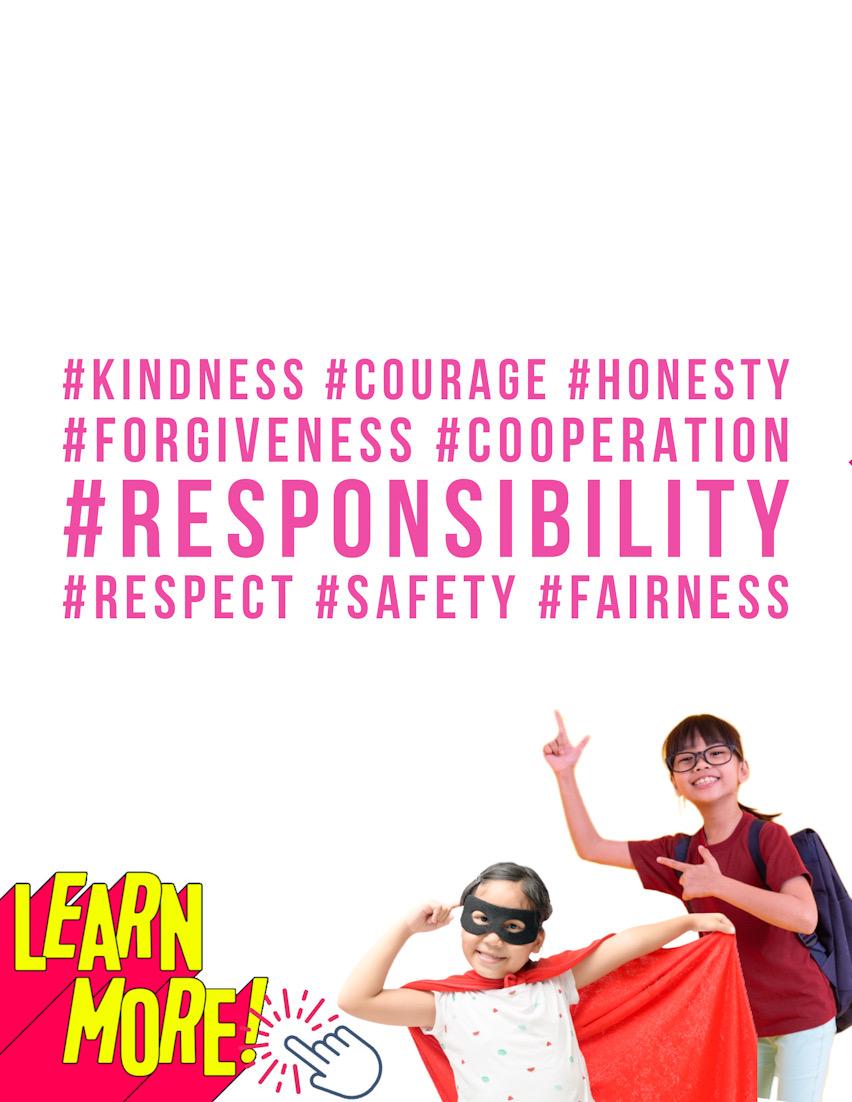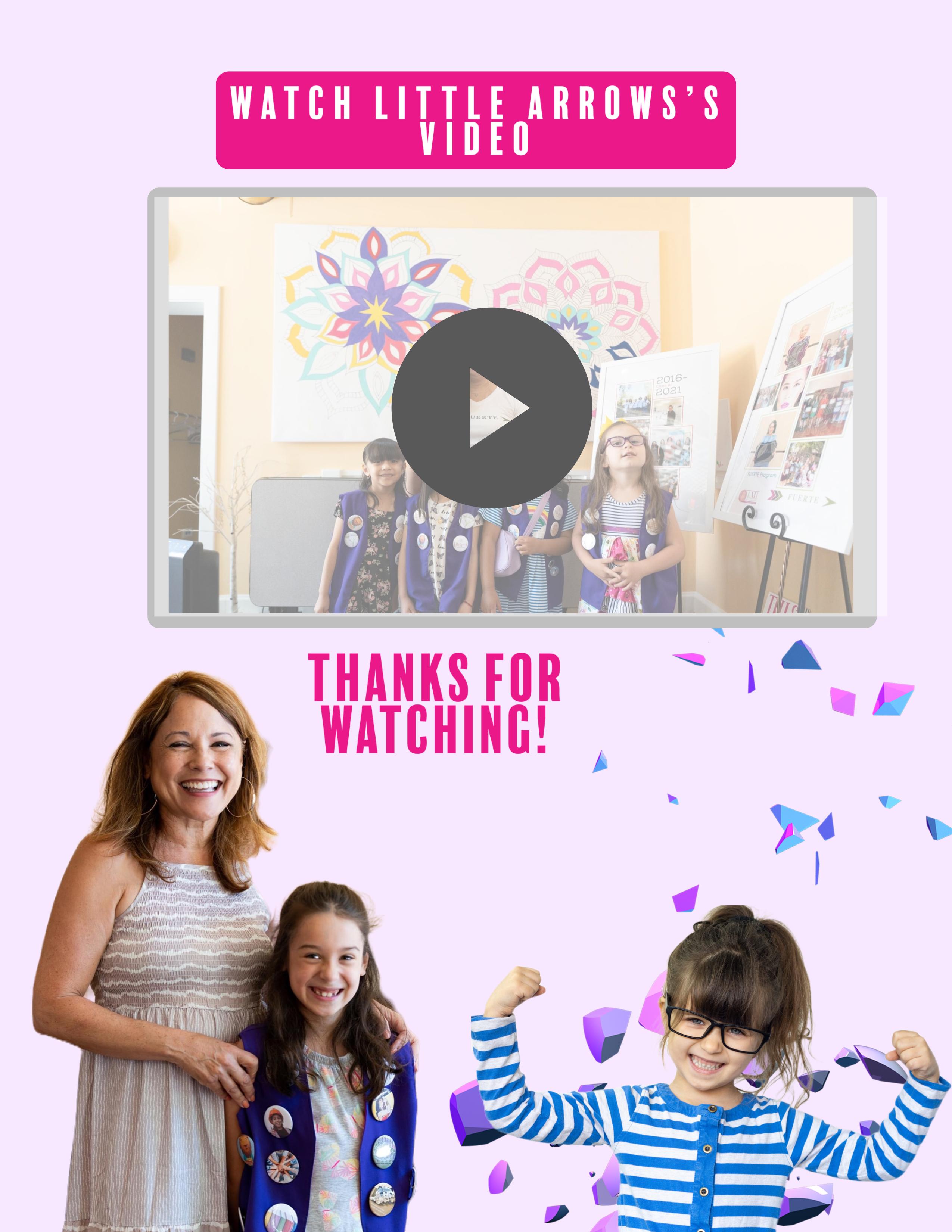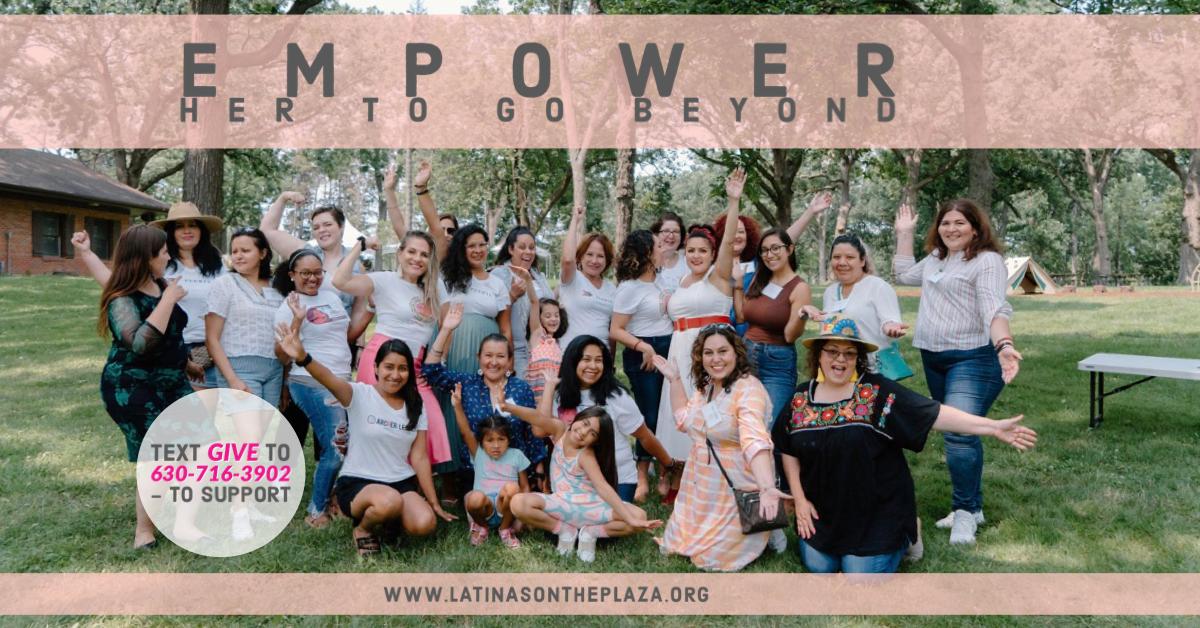



The day was beautiful in Virginia, and my team needed to hoist the smallest and lightest person up the tall Oak tree, 50 -75 feet up to capture the flag. Everyone turned and looked at me, as I tried not to make eye contact. But suddenly the Instructor was attaching a harness to my body, and placing a hard hat on my head, and then the entire team was pulling the rope hoisting me up that giant tree. I do recall saying “but I am afraid of heights” but the instructor responded “you can not fall you have a harness on so we won’t let you get hurt”. So I did it, and that was pretty much the end of my fear of heights. I have since done High Ropes and Zip Lines. I am not crazy to jump out of an airplane, but I have led
groups of kids and girls to conquer their fears on the ropes. I say to them you won’t fall, you have a harness on. I think you may like the story of John Madden, football coach and broadcaster, who had a fear of flying. Madden had a coaching career that spanned 1969 through 1978 in which he flew. Later as a broadcaster, he experienced a panic attack on a flight in 1979, he never flew again. He traveled by train and a luxury bus for the rest of his career. Now, you can calculate how many hours it cost him to live that way. He openly confessed that his fear was driven by claustrophobia, not a trauma he personally experienced on a plane. On a positive note, he explained that being on a bus allowed him to
see parts of the country he would never have seen if he just went from the airport to the hotel to the games and vice versa. I met a young executive who had the same fear and so when he was required to be in Ohio for training every month, he would travel by car, bus, and train sometimes. It was not until the end of a six-month program we were in together that he finally flew in and shared his fear with the class.
According to Google, Fear is an unpleasant feeling triggered by the perception of danger, real or imagined. We all have fears, say spiders, swimming in the ocean, haunted houses, etc., etc., etc. Some of these fears do not
really matter and do not need to be conquered, for example: fear of spiders doesn’t really matter unless you are going to be on the reality show Naked and Afraid in a jungle filled with all kinds of creepy crawling things. But fears like flying, public speaking, rejection, embarrassment, pain, danger, and loneliness have a high cost. As a result, we challenged our eleven young women of color this fall to tackle the most limiting fears in their lives over thirty days. They also had to document the process and had to make a presentation on the results. In this newsletter we will present some of the overall results but we will share two of our girls journeys. What fear is holding YOU back?











The FUERTE Fear Project
Maricarmen Rojas

Age:25
1.Tell me the title of your FEAR project: “Saying Good bye to the fear of driving”.
2. Why did you choose to address that FEAR? Because working in real estate you have to drive a lot, going to realtors offices and meeting with the clients. I have to depend on people taking me to places when it’s


The first step was merging into the expressway and driving for three minutes and getting out on the next exit. This time a family member was with me. I'm still working on taking more steps to reach my goal.
4. Tell me, did it get easier or harder? Did you encounter roadblocks?
The hardest part was before getting into the expressway, I was extremely nervous and anxious. Once I was on the expressway I felt better. The hardest part was merging into the expressway.
5. What did you learn about yourself?
I learned that the longer I took to face my fears the more scared I was, I needed to do it right away and without thinking too much.

And I also went back to school, which I never got to finish because I worked 9-5 at the bank to sustain myself. I never allowed my parents to help me pay for school because I still had younger siblings. I realized I need to create small steps and stop making excuses for those big dreams I once had. I realized that I used to dream big and take a few good steps towards those dreams and then I started making excuses as to why they would never happen. That is why I need to stop making excuses and don’t let fear stop me from dreaming big.
3. Tell me about the early steps you took: a. I stopped caring what people thought of me and my actions. I realized that if they don’t agree with my dreams or if they think they are too big. That is an inner problem
THEY have not me. b. I created a timeline of my life, I wrote down all the things I was able to accomplish during those times I allowed myself to dream big and didn’t let fear stop me. c. I also wrote down my failures and the lessons I learned from them.
4. Tell me, did it get easier or harder? Did you encounter roadblocks?
It got harder. Working on yourself is the biggest project you will ever work on. It’s hard to get rid of those excuses you have been so used to making because life keeps throwing you roadblocks every time you get excited over something.
5. What did you learn about yourself?
I am the biggest accomplishment I will ever complete, and it will take time but that is absolutely ok.
There is nothing wrong with following your dreams even if that's not something everyone else expected from you.



4.
Did you encounter roadblocks? It got easier to understand that everyone has been through a journey of sometimes not feeling part of a team, or valued. At first, I was lost and felt I needed to vent and talk to someone. I ended up talking to a mental therapist, motivated me to push forward. I felt good after talking to my mentor and Luz that it all started when I was young, childhood trauma. I was able to speak up and create ideas in my workplace too. I was able to talk to high school students that felt the same way as I. I did encounter roadblocks, actually a lot. I gave up for a week when my brother got into a horrible car
accident. I encountered roadblocks when some family members do not see what you are doing to better yourself.
5. What did you learn about yourself?
I learned that I have a lot of things I need to work on and let loose. I need to focus on helping myself first, and then on others. I learned that mental therapy actually works.
Tell me, did it get easier or harder?










Genesis Padilla
1. Why did you choose Little Arrows Program?
Because her grandma is the leader and recruited her.
2. Why do you continue to bring your daughter back each year?
She enjoys being with friends her age and growing up with them as they also grow older and graduate onto the next level of Little Arrows. She loves to explore her strengths, values, and learn more about her culture. She likes the hands-on events and activities like high ropes, and teas, and escape rooms.
She has been given an opportunity to use her voice at the fundraiser and try to get others to donate and support as the program has grown. She has connected with the other girls in her cohort and looks forward to seeing them each month that Little Arrows is in session. She has even brought along a friend from outside into Little Arrows.
She has gotten early leadership skills practice and practiced her social emotional learning skills as well, in growing her friendships outside of school.
3.What would you say is the biggest impact to her from the Little Arrows Program?
Grace Shepherd
I chose the Little Arrows Program for my daughter because I knew she would learn new skills that could help her to be more confident and outspoken. I also liked that she would be learning the ROAR curriculum and get educated against sexual abuse. I don’t think my daughter can learn what she is learning at Little Arrows anywhere else.
activities and experiences she has had in Little Arrows. She loves going to the meetings and looks forward to the activities.
I have seen my daughter grow year by year because of the
I think Grace has absorbed and benefitted from the Little Arrows curriculum. She has become part of a group of little girls that are learning in a great environment.
1. Why did you choose Little Arrows Program?
2. Why do you continue to bring your daughter back each year?
3.What would you say is the biggest impact to her from the Little Arrows Program.










CIBC’s Latinas on the Plaza Sponsorship Spotlight
At CIBC, we strive to build trusting and enduring relationships by putting our clients at the center of all we do. Headquartered in Chicago and backed by a 155-year-old Toronto-based, global financial institution, we provide tailored commercial, wealth management, personal, and small business financial solutions to US clients. Our bank is especially different when it comes to personal banking and small business lending. We have
a team dedicated to the various communities across Chicago, and offer products specifically designed to address the changing needs of its residents. Our Relationship Managers work directly with clients to provide insightful expert advice, flexible borrowing options and longer repayment terms, and work closely with organizations that provide training to entrepreneurs, advising small business owners on financial matters of all kinds—all while using our values to guide our decisions, actions and interactions.
We also strive to understand the unique goals of our CIBC colleagues, and take pride in helping them achieve their ambitions—both personally and on a professional level. When Nenci Rodriguez, senior mortgage banker for CIBC Bank USA, introduced us to Latinas on the Plaza, we knew we wanted to help however we could. From an alumnus of Latinas on the Plaza’s Leadership and Philanthropy program (now known as the ArcHER Program) to a current member of their Board of Directors, Nenci has come full circle. In addition to
educating dozens of women on the homebuying process and mortgage
financing, she has advocated for and empowered Latinas and women of color for more than five years through her partnership with the organization.
At CIBC, creating a diverse and inclusive culture is something that is embedded in who we are.
For more than a century, we have been creating a culture that includes all of our people, and we take pride in our ability to create a workplace where everyone can succeed. But, that commitment goes
beyond the doors of CIBC, and this is one reason our sponsorship of Latinas on the Plaza is so important to us. Our contributions to the organization will help provide education to girls (starting at age 5) and women of color, and we believe knowledge is a key to building secure futures and strong communities. We are proud to partner with mission-driven organizations, like Latinas on the Plaza, who work so hard to build our communities through educational programs that encourage, empower and transform the lives of others.
All loans subject to credit approval. The CIBC logo is a registered trademark of CIBC, used under license.
Member FDIC and Equal Housing Lender.






























































